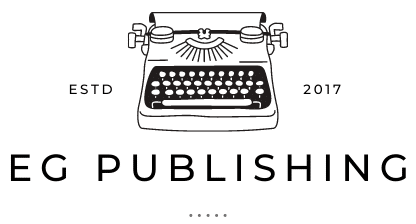By Libby Banks, The Law Office of Libby Banks, PLLC
The Revocable Living Trust is valuable for many estate planning needs, but one of the most obvious is the avoidance of all the time and expense of probate.
I like to think of your Trust as your treasure chest. Your assets, the things you worked and saved hard to have go into your Trust. While you are alive and able, you are taking care of the treasure chest as the trustee. If you can’t take care of your treasure chest anymore, either because of your death or because you are incapacitated, you have named a successor trustee to step in to take over managing the assets in your treasure chest.
How do we put things in the Trust? We title your home, bank account, stock brokerage account and other assets in your name as trustee rather than in your individual name as owner. For instance, for the home of a husband and wife (we’ll call them John and Ann Smith), we prepare, sign and record a deed to the house. The deed says that John Smith and Ann Smith, husband and wife, convey their house to John Smith and Ann Smith, Trustees of the John and Ann Smith Trust. You do the same thing with your bank account, brokerage account and other assets.
With the Trust, while you are alive and competent, you control your financial affairs much the same as you do without a trust. You manage your assets, receive the income, pay bills, buy and sell property and so on. You have full control.
Your Trust also designates who will be in charge if you can’t manage things any longer, either because of death of incapacity. The Trust tells the successor trustee how they are to manage the trust assets and distribute money for your benefit if you are incapacitated. The Trust also contains your instructions for wrapping up your estate and distributing your assets at death.
My clients notice very little difference in how they handle their finances once they have the Trust in place and their assets titled in their names as trustees. However, the person who you have asked to be your successor trustee will certainly notice a difference in how much smoother it is to step in and take care of your financial affairs at incapacity or death.
If you have questions about whether a Trust is right for you, I offer a free initial consultation to discuss your specific situation and what would work best for you. To book your appointment, call my office at 602-375-6752 or visit the website at libbybanks.com/schedule-estate-planning-meeting.






